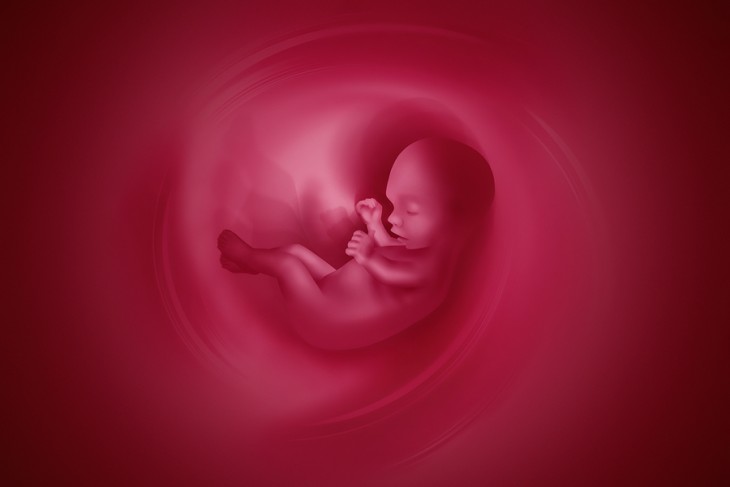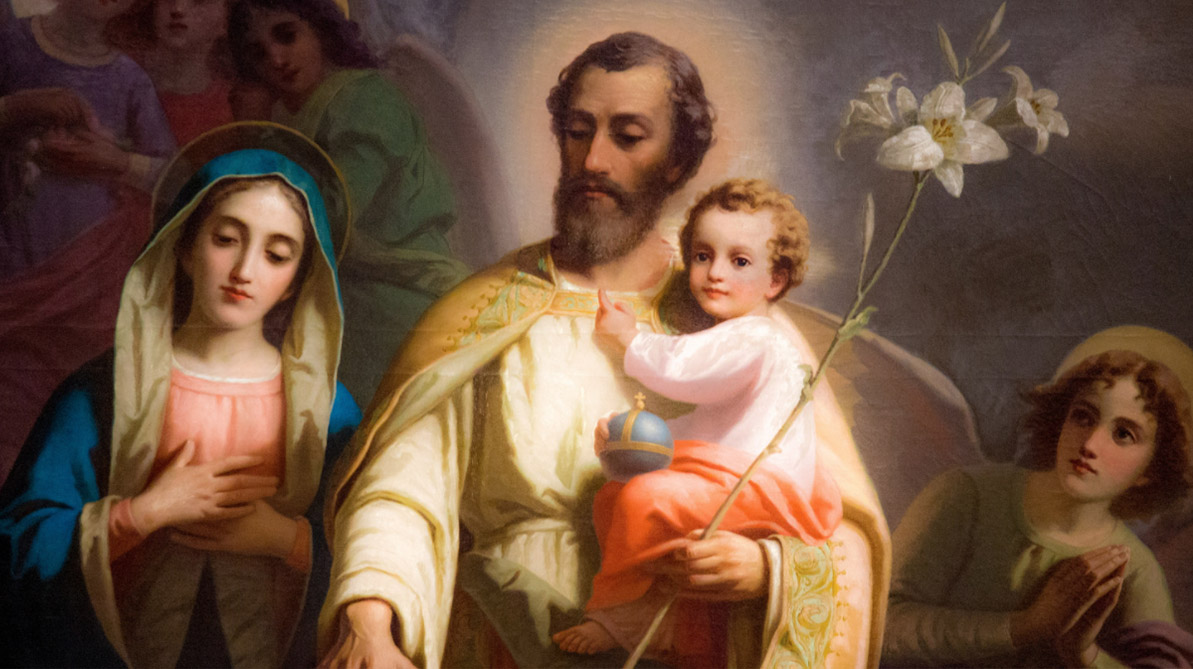By Paul E. Rondeau
When Emily Letts got pregnant, she immediately knew she would get an abortion. She decided to film her abortion and entered Emilys Abortion Video in Abortion Care Networks Stigma Busting competition and won. Cosmopolitan recently featured her story Why I Filmed My Abortion.
LETSS TELLS COSMO,
I remember breathing and humming through it like I was giving birth. I know that sounds weird, but to me, this was as birth-like as it could be. It will always be a special memory for me. I still have my sonogram, and if my apartment were to catch fire, it would be the first thing I’d grab.
Letts fantasizes that she is brave for terminating the life of her own child. During “the procedure,”as she calls ending the life of her baby, she says she stayed focused on the love from everyone in the room. But there was no love from the childs mother, only the love she received for killing her child.
Letts tells how, when she volunteered but instead was hired to work at the abortuary where she later got her own abortion, she fell into “this perfect world that fulfills me in so many different ways.”
Imagine a worldview so twisted that abortion fulfills you.
In contrast, another young woman, 20-year-old Kimberly, has quite a different perspective. She neither filmed nor celebrated her abortion. A year later, she posted a video entitled My Abortion Experience.
KIMBERLY INTRODUCES HER VIDEO,
My abortion was one of the worst, if not THE worst mistake I have ever made. After what I have gone through, I want nothing more than to speak out and help change womens minds. I still believe that it is a womans personal choice but I personally believe it is never right regardless of your situation. . . . PLEASE weigh out all your options before you make such a life-altering decision because once its over you cant take it back and not a day will go by that you dont think about it. Please no rude comments. . . . It took a lot for me to post this.
Kimberly details how her boyfriend, the father of the child, told her he would hate her if she did not have an abortion. After six at-home pregnancy tests, she ultimately went to Planned Parenthood at eight weeks.
“When I got there I was so unsure about it. . . . They had to come back and ask me like three times before I did it . . . but I did it,” says Kimberly.
So, Planned Parenthood asked this young woman, who told them up front that she did not think abortion was for her, three times to agree to an abortion.
Even as the abortion was being committed, Kimberly had doubts: “I remember [lying] there and they injected me with the drugs. It happened so fast I really couldnt change my mind about it.”
Kimberly says she thought it was the best thing for her at the time, but now believes it was the worst decision of her life.
“I dont think it was the babys fault at all for me to be in that situation,” says Kimberly. “I’ve talked to girls who have had three abortions and they dont feel guilty about it. I think there is something seriously wrong with them.”
She continued, “This is the worst mistake I ever made in my life. I know I am going to think about this every day. I wish more than anything I hadnt . . . done it. . . . I had life inside of me and they sucked it out with a vacuum. . . . I wish I hadn’t let other people influence me to do it.”
Kimberly tells women never to consider abortion. She ends her video by saying, “Thank you for watching this video. I hope I changed someones mind.”
Emily Letts also wants to change minds. With acting skills, good makeup, and professional lighting, she ends her video this way: “I dont feel sad. I dont feel like a bad person. . . . I feel in awe that I can make a baby, that I can make a life. I knew that what I was going to do was right because it was right for me.
In Ms. Letts distorted thinking, she perceives birth as synonymous with abortion, giving life with taking life. She describes facilitating the death of her own preborn child as if she is a proud mother.
This tale of two abortions does not come to end, but rather portends two very different futures: One future where there is dignity (and forgiveness) for every human being and an understanding of what it means to selfishly take a divinely created life.
The other future embraces narcissism and grandiosity, where individuals place themselves as gods with the power to create and destroy life detached from all morality.
That is, one path leads to a culture of life, the other a culture of death.
Paul E. Rondeau is executive director of American Life League.



